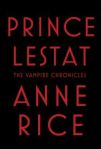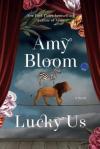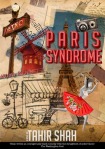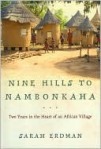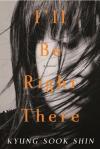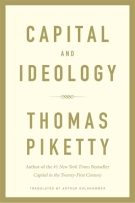 Five years after Capital in the Twenty-First Century dominated bestseller lists, Thomas Piketty returns with a worthy follow-up. His research spans centuries of inequality regimes, tracing where we came from in order to gather some idea of where we may heading. The book is a history of egalitarianism and the lack thereof, slavery, communism, capitalism, and everything in between.
Five years after Capital in the Twenty-First Century dominated bestseller lists, Thomas Piketty returns with a worthy follow-up. His research spans centuries of inequality regimes, tracing where we came from in order to gather some idea of where we may heading. The book is a history of egalitarianism and the lack thereof, slavery, communism, capitalism, and everything in between.
When I first picked up this book, I felt considerably intimidated. I have been meaning to read Capital in the Twenty-First Century since its publication, but could never quite convince myself to dive into an almost 700-page book by an economist. I imagined I would quickly be in over my head. However, I had made a commitment to read and review Capital and Idealogy, and so I set out to create a strategy to tackle the 1,000+ page tome. The strategy was to divide the number of pages in the book by the number of days I had before the publication date, which made it very manageable.
Never had I expected Capital and Ideology to engross me the way it did. The amount of research that went into it is staggering. The book was enlightening in its analysis of past inequality regimes and their relationship to the present, but also enraging in what it revealed. For example, after Haitian independence in 1825, the country was forced to pay French slave-owners back for the loss of their “property”, for the privilege of not being enslaved. Additionally, during the period of colonization, the common argument made against the proposed emancipation of slaves was that paid labor would make it too costly to compete with rival colonial empires. This sounds suspiciously similar to arguments made today that raising wages would make it too expensive for businesses to compete. This causes me to wonder if maybe society has not advanced as far as we would like to think.
Piketty’s argument for progressive taxation, among many other methods of redistribution to create a more egalitarian society, is thorough and convincing. Although I could not possibly retain even a fraction of the facts he presents, I feel like I came away with a much more solid political position and better arguments to support it (something that will hopefully be valuable in an American presidential election year). Something I particular appreciate about Piketty is that he doesn’t lay out the myriad of problems without also presenting solutions – the final chapter of the book imagines just how modern society may move away from the present trend of further concentration of wealth and toward a more equitable future.
TL;DR: If worldwide inequality is something that gets you riled up, don’t let the size of this book scare you away. Piketty will educate and astonish you, even if it needs to be in bite-sized pieces for a month or so. And if you’d like a preview of what you may be getting into, you can always check out his Ted Talk from 2014.
![]()
Find it on Goodreads.
